When sadness or stress strikes, many of us instinctively turn to food. It’s a deeply human response — reaching for something familiar, soothing, or indulgent to ease the emotional load. While emotional eating is often framed negatively, it doesn’t have to be. Food can be a powerful form of comfort and care — when chosen mindfully. Rather than numbing difficult emotions with overly processed or sugary options, it’s possible to nourish both body and mind with foods that offer real support. Here’s what to eat when you’re feeling low, anxious, or overwhelmed.
Warm And Complex Carbohydrates
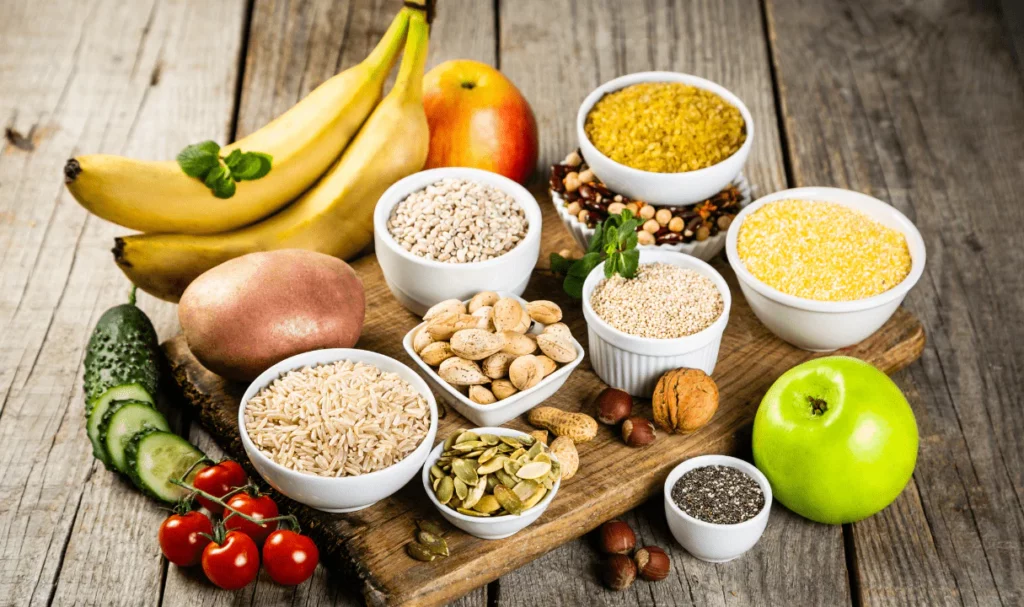
There’s a reason why warm, starchy foods often feel grounding — they help the brain produce serotonin, the neurotransmitter responsible for mood regulation. Complex carbohydrates like whole grains, legumes, and root vegetables provide steady energy and support emotional balance without the sharp spikes and crashes caused by refined sugars.
Try this: A bowl of oatmeal topped with banana slices, almond butter, and a sprinkle of cinnamon, or roasted sweet potatoes with quinoa and tahini dressing.
Dark Leafy Greens
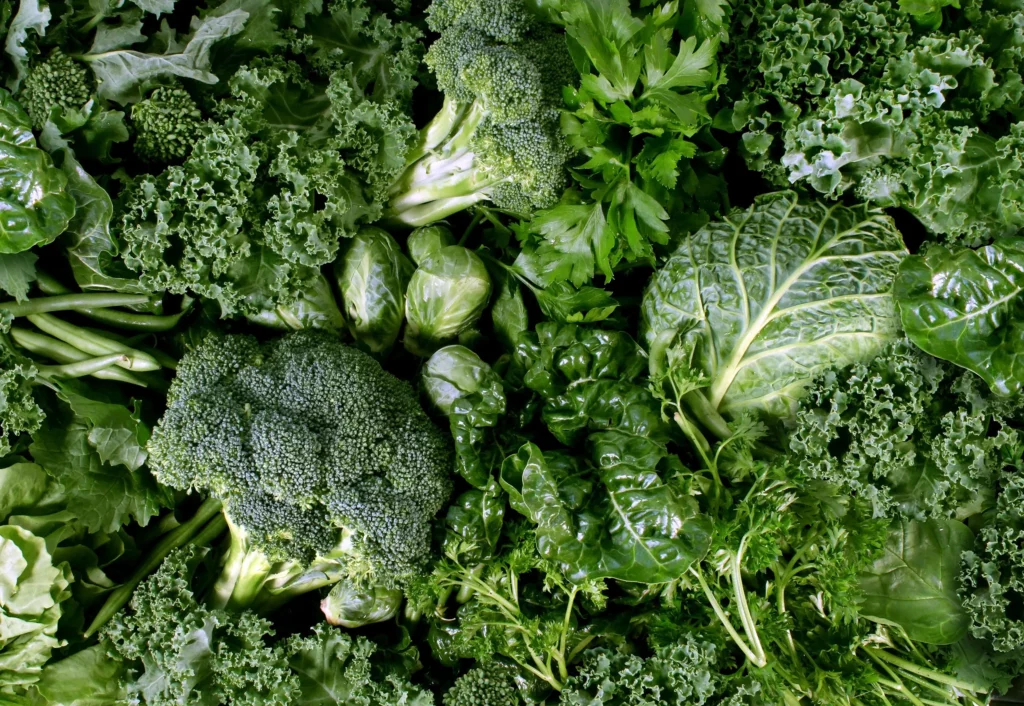
Leafy greens such as spinach, kale, and Swiss chard are rich in magnesium, a mineral that plays a key role in the body’s stress response. Low levels of magnesium have been linked to increased anxiety and irritability. These greens also provide folate, essential for the production of mood-regulating neurotransmitters like dopamine and serotonin.
Try this: Add greens to smoothies, soups, or sauté them with garlic and olive oil for a simple side dish. A warm lentil salad with chard and lemon is another nourishing option.
Omega-3-Rich Foods
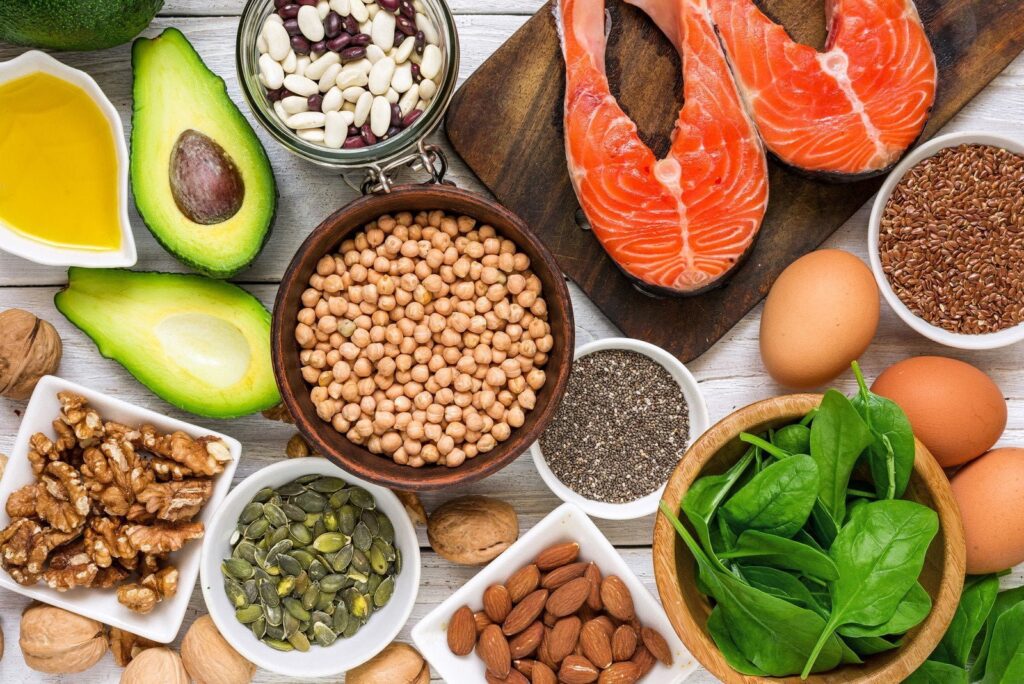
Omega-3 fatty acids, found in foods like salmon, walnuts, flaxseeds, and chia seeds, have been shown to reduce symptoms of depression and anxiety. These fats support brain function and reduce inflammation, which can affect mental health over time.
Try this: A salmon grain bowl with avocado and leafy greens, or chia seed pudding made with almond milk, topped with fresh fruit and nuts.
Fermented Foods
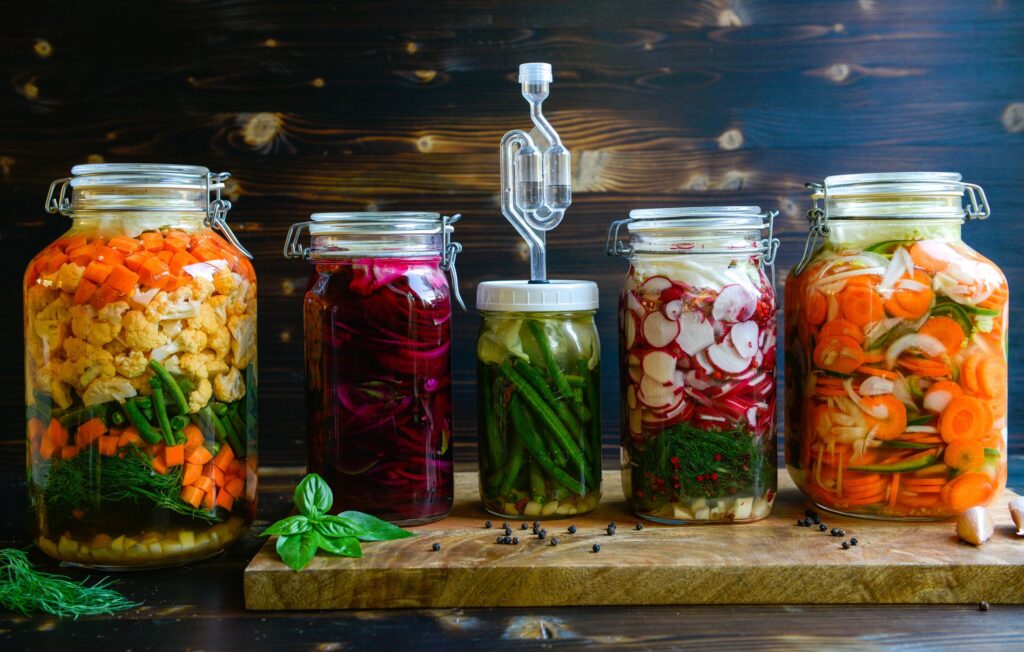
Emerging research continues to highlight the powerful link between gut health and emotional well-being. Fermented foods like yogurt, kimchi, sauerkraut, kefir, and kombucha contain probiotics — beneficial bacteria that help balance the gut microbiome. A healthy gut contributes to better mood regulation and lower stress levels.
Try this: Incorporate a spoonful of kimchi or sauerkraut into meals, enjoy yogurt with berries and honey, or sip on a glass of kombucha.
Berries and Citrus
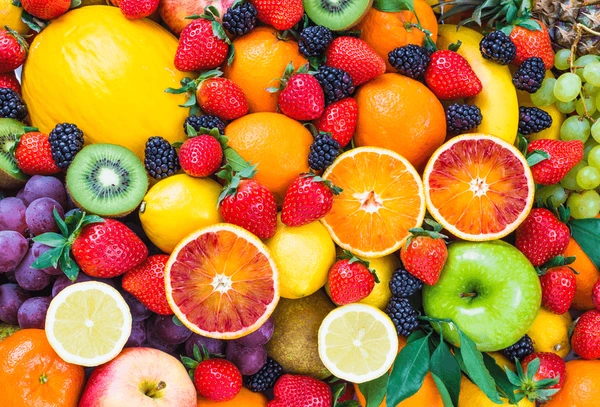
Berries (such as blueberries, strawberries, and blackberries) and citrus fruits are rich in antioxidants and vitamin C, which support the immune system and help reduce inflammation — both of which can be affected by chronic stress. Vitamin C, in particular, has been associated with lower levels of cortisol, the body’s primary stress hormone.
Try this: Enjoy a berry and Greek yogurt parfait, or create a refreshing citrus salad with oranges, grapefruit, mint, and a touch of honey.
Dark Chocolate

Dark chocolate, especially varieties with at least 70% cacao, contains flavonoids that enhance brain function and reduce inflammation. It can also stimulate the production of endorphins and serotonin, offering a natural mood boost. The key, of course, is moderation.
Try this: Enjoy a square or two of dark chocolate with a cup of herbal tea, or melt it gently and drizzle over fresh fruit for a comforting treat.
Herbal Teas and Hydration

Proper hydration is essential for physical and emotional well-being. Dehydration can exacerbate feelings of fatigue, irritability, and confusion. Herbal teas provide hydration along with calming benefits. Chamomile, lemon balm, and peppermint are especially soothing, helping to ease tension and promote restful sleep.
Try this: Brew a warm cup of tea and create a quiet moment of mindfulness while you sip. Alternatively, infuse water with cucumber, lemon, or berries for a gentle mood lift.
[Contributed By Anushka Gaikwad]











